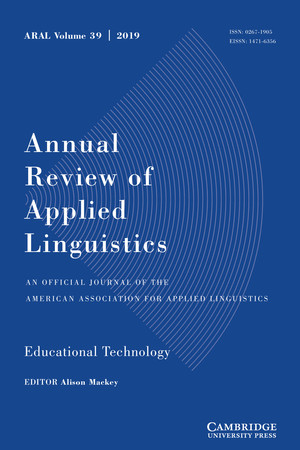
Previous research has shown that adolescent second language learners benefit from pragmatic instruction during study abroad (Alcón-Soler, 2015). As a follow-up investigation, the present study looked at late adolescent study-abroad learners, and it examined both the immediate effect of pragmatic instruction and the pragmatic trajectories that adolescent learners follow once they move from the instructional context to real email communication. Email requests in English produced by 60 (30 treatment and 30 control) Spanish teenagers studying in England were analyzed with regard to the impact of instruction on the frequency of indirect request strategies and internal modifiers. In addition, the pragmatic trajectories of two learners—one high producer and one low producer of request modifiers—were analyzed qualitatively on four separate occasions during the study-abroad experience. The findings show the positive effects of instruction on learners’ use of indirect request strategies and request modifiers. However, there is no homogeneous pattern of change during participants’ study-abroad experiences. Closer examinations of the pragmatic trajectories of two learners show that learners’ perceptions of request imposition or their desire to be accepted in the community in which they find themselves may explain pragmatic changes.